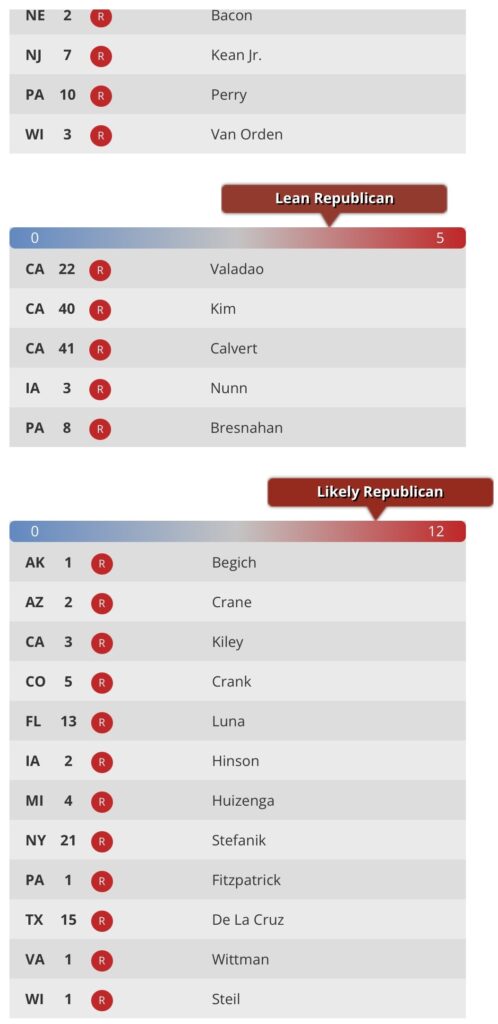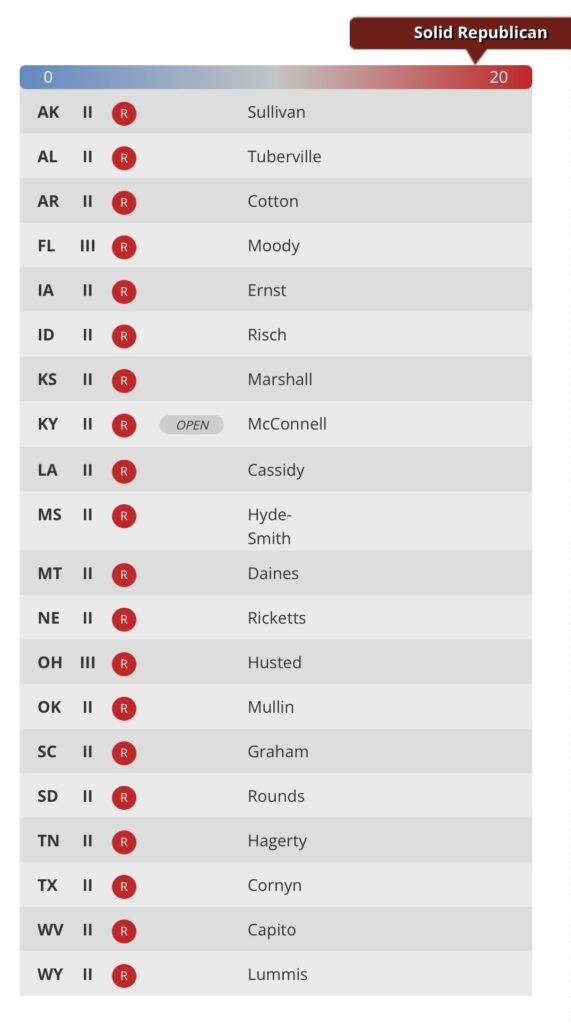By ALEXANDER DOLITSKY
Education and knowledge translate into power. Education does not parallel economics or politics, but is the soul of the society, and more fundamental than these others. Education determines people’s moral values, appearance, eating habits, the role of citizens; it shapes behavioral and subsistence strategies.
Today, unfortunately, there are several weak areas in the primary and secondary education system in the United States and in Alaska in particular: the absence of a unified methodology for teaching, a lack of consistency in school policies, a weak academic curriculum (compared to other technologically advanced countries), and an often-unsavory school environment.
In addition, some researchers suggest that the U.S. educational crisis is more social than academic, including a remarkable indoctrination of our youth in the divisive “white privilege” and “critical race” doctrines, “systemic racism” nonsense, the anti-American 1619 Project, and controversial “gender identity” theory.
While some educational experts recommend American schools adopt aspects of our Asian and West European counterparts—longer school year and more rigorous requirements—to raise the scholastic level of U.S. students, other researchers indicate that recently immigrated children of Asian, European and Russian origin can excel in the American school system as it exists.
In fact, despite hardships and limited knowledge of English and western cultural values, these children quickly adapt to their new school environments and rapidly excel within the first few years of schooling.
In the late 1990s, the California Achievement Test (CAT), for example, demonstrated that the performance of newly arrived students was exceptional. Their mean overall score on the CAT was in the 54th percentile, placing them just above the national average. Evidently, the lowest scores were found in the language and reading test, not surprising as English was their second language. In this case, the mean score was slightly below the national average.
How can we explain the remarkable performance of newly arrived immigrants in a foreign social and economic environment? What social stimulus forces newly arrived immigrants to perform better in school than those who have lived in this country for three or four generations?
It appears some factors were parental encouragement, dedication to learning, family pride in educational excellence, a clear realization that education is the most important “instrument” for success in the highly competitive American society, collective consciousness among members of the nuclear family and most importantly, sustaining conservative moral values in the family.
Studies showed that conservative moral values play an important role in the educational achievement of children. In my 18 years of teaching at the Alyeska Central School (a former correspondence school affiliated with the Alaska Department of Education and Early Development), my best and most outstanding students were from conservative, religious, and traditional families.
In my brief teaching in Thailand in 2017 and 2020, I observed that on the national level, among Southeast Asians, for example, the Confucian and Buddhist code of behavior (i.e., harmonious relationships between parents and children, subjects and rulers, men and women, rich and poor) is a main source of motivation and direction in their life. The family is the central institution in these ethnic groups, where achievement and knowledge are admired and encouraged.
Nowhere is the family’s commitment to education more evident than in time spent on homework. For example, during high school, Indochinese students spend an average of three hours per day; in junior high, an average of 2.5 hours; and in grade school, an average of two hours per day.
Research in the US shows that American students study at home about 1.5 hours per day at the junior and senior high school levels. Studies also found that parents who attributed greater importance to fun and excitement than to education had children who achieved lower grade point averages: 2.90 as opposed to 3.14. The results for children of parents who valued material possessions more highly than education were similar: GPAs were 2.66 versus 3.19.
It is essential to remember that school is not an entertainment center, but an institution where teachers share their knowledge with students in the most harmonious, professional and effective way. A teacher is the fundamental “instrument” of education. No brilliant policy, effective administration or sophisticated technology will ever replace the harmony of teacher–student relationships.
If we want to deal effectively with the crises in America and Alaska education, we must address the problem of those educators who serve as frontline social activists for radical political groups that seek to indoctrinate and brainwash our youth in neo-Marxist far-left ideology—such as today’s popular and divisive “white privilege” and “critical race” doctrines and gender identity.
Social engineering to create a new identity by imploring radical socialist ideology in our school system does not work, as well as meaningless concepts in education, such as “gender identity,” “white privilege” and “critical race” doctrines or “critical thinking”— if thinking is not critical, then it is not thinking.
My mother was an outstanding primary/elementary school teacher for 32 years in Kiev, former Soviet Union. She taught basic and fundamental skills to her students; and none of these bumper–stickers nonsense. If our teachers just do that instead of far-left social activism, we would be in a much better place in our education system today.
For American schools to succeed, parents, families and communities must become more committed to the basic education of their children. Families, especially, must create within the home an environment conducive to learning by participating in the process so that their children feel comfortable learning, and then go to school willing and prepared to study.
On the other side, schools must reach out to the families and engage them meaningfully in the education of their children—identifying cultural and moral values and educational methods for success that might enhance students’ scholastic achievement. Schools must empower families by directly involving them in the educational process, providing support and training to parents when necessary.
Unconventional means of schooling such as correspondence studies with emphasis on home schooling should continue to be applied effectively in Alaska as a viable and family–controlled educational system that provides students with excellent instruction, a safe study environment and parental involvement that is critical to children’s educational success.
Here is the bottom line: Place a student from a home that values education in a class with an impartial, well-trained and professional teacher who loves and is proficient in his/her subject and enjoys teaching, and learning takes place. Everything else is “window dressing.”
Parents, especially rational and conservative parents, get out of your closets, be courageous and make your voice heard. These “gender identity,” “systemic racism,” “critical race” and “white privilege” madness is not going away by itself. Teachers, or so called “social activists” who advocate neo-Marxist ideology in the classrooms must be challenged by YOU!
Alexander B. Dolitsky was born and raised in Kiev in the former Soviet Union. He received an M.A. in history from Kiev Pedagogical Institute, Ukraine, in 1976; an M.A. in anthropology and archaeology from Brown University in 1983; and was enroled in the Ph.D. program in Anthropology at Bryn Mawr College from 1983 to 1985, where he was also a lecturer in the Russian Center. In the U.S.S.R., he was a social studies teacher for three years, and an archaeologist for five years for the Ukranian Academy of Sciences. In 1978, he settled in the United States. Dolitsky visited Alaska for the first time in 1981, while conducting field research for graduate school at Brown. He lived first in Sitka in 1985 and then settled in Juneau in 1986. From 1985 to 1987, he was a U.S. Forest Service archaeologist and social scientist. He was an Adjunct Assistant Professor of Russian Studies at the University of Alaska Southeast from 1985 to 1999; Social Studies Instructor at the Alyeska Central School, Alaska Department of Education from 1988 to 2006; and has been the Director of the Alaska-Siberia Research Center (see www.aksrc.homestead.com) from 1990 to present. He has conducted about 30 field studies in various areas of the former Soviet Union (including Siberia), Central Asia, South America, Eastern Europe and the United States (including Alaska). Dolitsky has been a lecturer on the World Discoverer, Spirit of Oceanus, and Clipper Odyssey vessels in the Arctic and sub-Arctic regions. He was the Project Manager for the WWII Alaska-Siberia Lend Lease Memorial, which was erected in Fairbanks in 2006. He has published extensively in the fields of anthropology, history, archaeology, and ethnography. His more recent publications include Fairy Tales and Myths of the Bering Strait Chukchi, Ancient Tales of Kamchatka; Tales and Legends of the Yupik Eskimos of Siberia; Old Russia in Modern America: Russian Old Believers in Alaska; Allies in Wartime: The Alaska-Siberia Airway During WWII; Spirit of the Siberian Tiger: Folktales of the Russian Far East; Living Wisdom of the Far North: Tales and Legends from Chukotka and Alaska; Pipeline to Russia; The Alaska-Siberia Air Route in WWII; and Old Russia in Modern America: Living Traditions of the Russian Old Believers; Ancient Tales of Chukotka, and Ancient Tales of Kamchatka.











